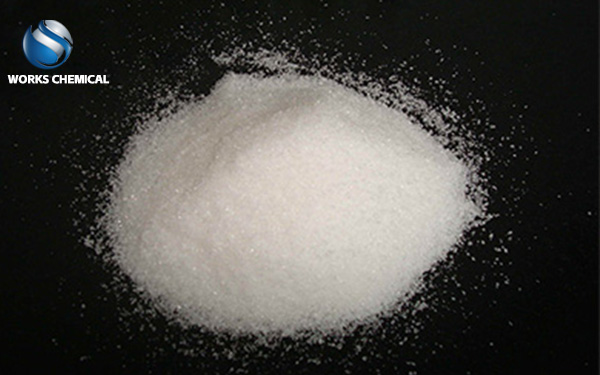
When traditional agents such as ferric chloride and lime are used for sludge dewatering treatment, problems such as high moisture content and unformed sludge compression may indeed occur. This is mainly caused by the following reasons:

1. The effect of the agent does not match the properties of the sludge
The composition of the sludge is complex: the sludge may contain various impurities, such as soil, slag, metal ions, sulfides, oxides, etc., which will affect the dewatering performance of the sludge. When the sludge composition is complex, traditional agents may not be able to effectively remove free water and interstitial water in the sludge, resulting in high moisture content.
Small sludge particles and large viscosity: small sludge particles and large viscosity lead to the sludge easy to block the filter cloth during the dehydration process, resulting in dehydration difficulties. Traditional agents may not be able to effectively improve the flocculation performance of the sludge, which makes it difficult for the sludge particles to form large floc, thus affecting the dehydration effect.
2. Improper dosage and sequence of drugs
Insufficient or excessive dosage: The dosage of the agent has an important effect on the sludge dewatering effect. Insufficient dosage may not achieve the desired dewatering effect, while excessive dosage may lead to chemical waste and deterioration of sludge properties.
Wrong dosing order: In the process of sludge dewatering, the dosing order also has an important impact on the dewatering effect. For example, if lime is added first and ferric chloride is added later, because lime precipitation is slow and it is not easy to combine with organic matter in wastewater, it will affect the precipitation of organic matter, resulting in the sludge becoming cloudy. The correct order of dosing is to add ferric chloride first, then lime.
Three, equipment factors
Equipment blockage: equipment such as plate and frame filter press may be blocked during use, resulting in insufficient dehydration. Equipment clogging will affect the fluidity and dewatering performance of sludge, resulting in increased moisture content.
Improper equipment debugging: The newly put into operation of the plate and frame filter press equipment may not achieve the best working condition in the debugging stage, resulting in poor dehydration effect. In addition, long-term use of equipment may also appear wear and aging phenomenon, affecting the dehydration performance.
Four, solution
Select the right agent: Select the right agent according to the nature and composition of the sludge. For the sludge with complex composition, it can be tried to use a new sludge conditioner or a composite flocculant for deep dehydration treatment.
Optimize the dosage and order of the agent: Adjust the dosage and order of the agent according to the actual situation of the sludge. Ensure that the agent is fully functional while avoiding waste and deterioration of sludge properties.
Strengthen equipment maintenance and management: regularly maintain and maintain equipment such as plate and frame filter press to ensure that the equipment is in the best working condition. For the equipment with serious blockage, it should be cleaned and dredged in time.
Improve the sludge pretreatment effect: Before the sludge enters the filter press, conduct sufficient pretreatment, including dehydration, drying, curing and other steps to improve the dewatering performance and molding effect of the sludge.
In summary, when using traditional agents such as ferric chloride and lime for sludge dewatering treatment, it is necessary to comprehensively consider sludge properties, agent selection, dosage and sequence, equipment factors and other aspects. By optimizing these factors, the moisture content of sludge can be effectively reduced and the molding effect can be improved.